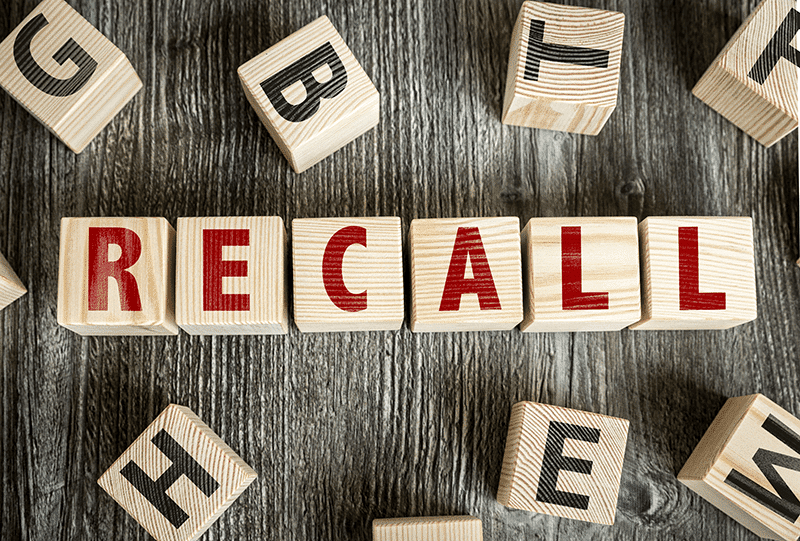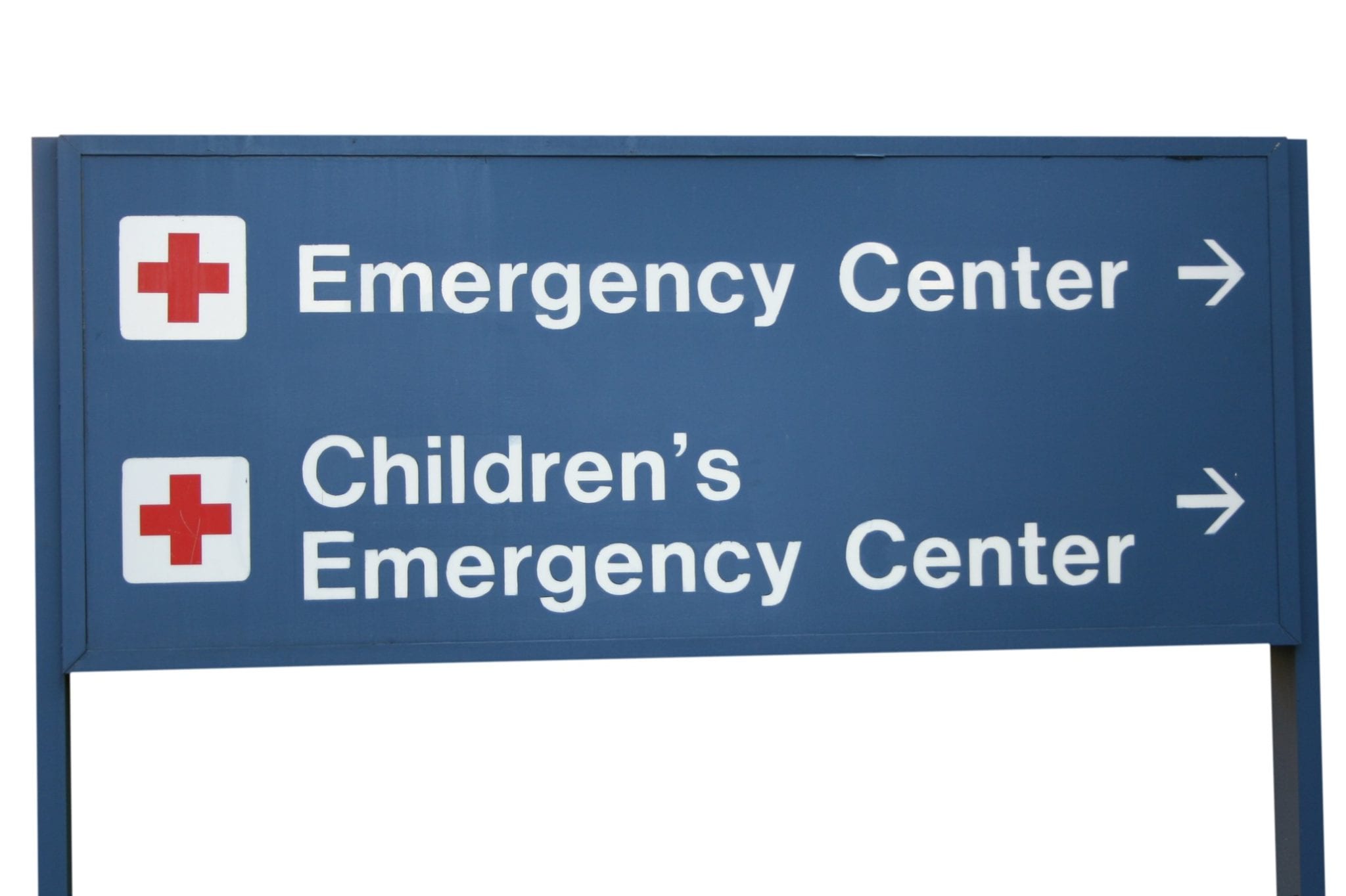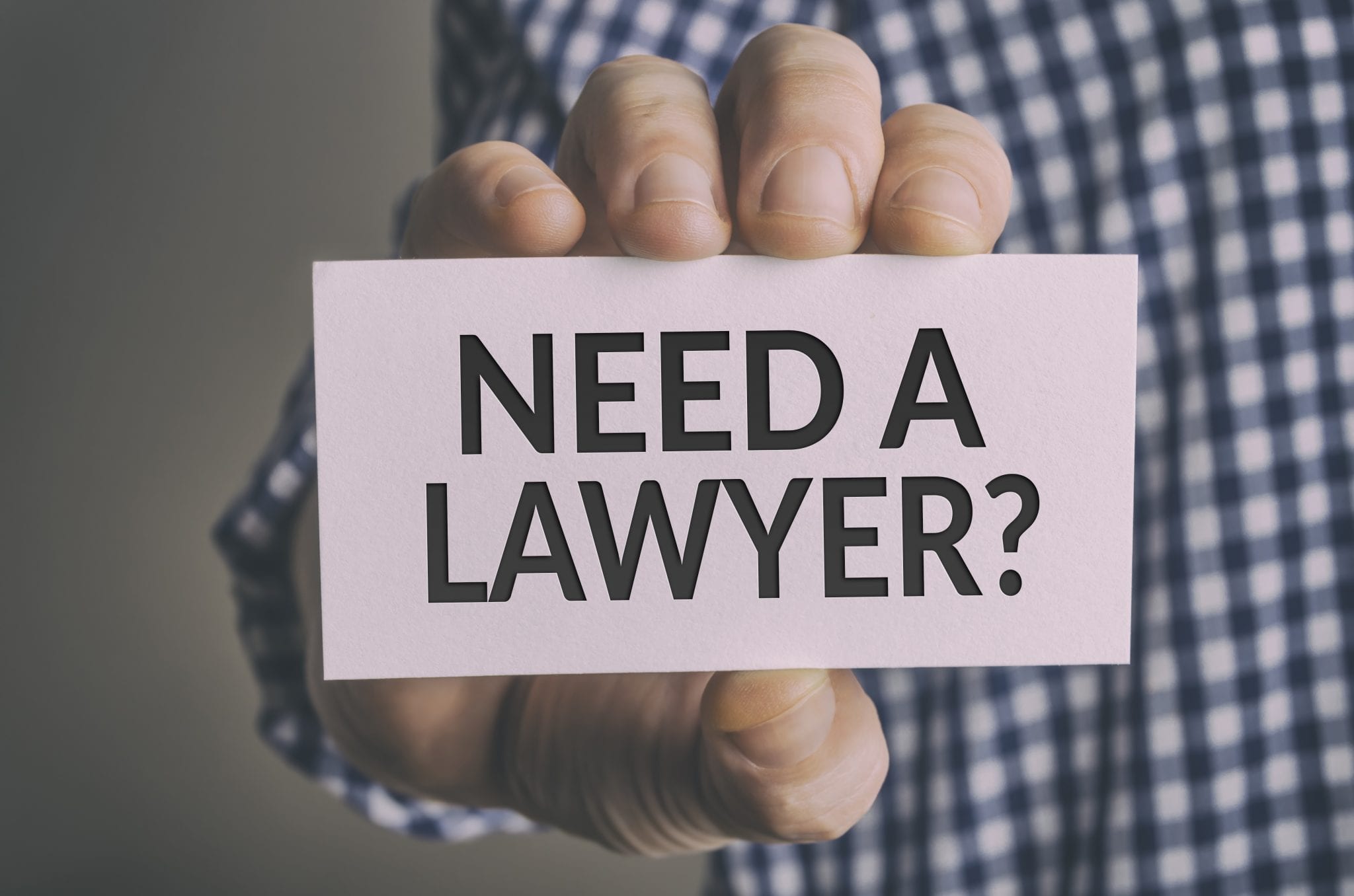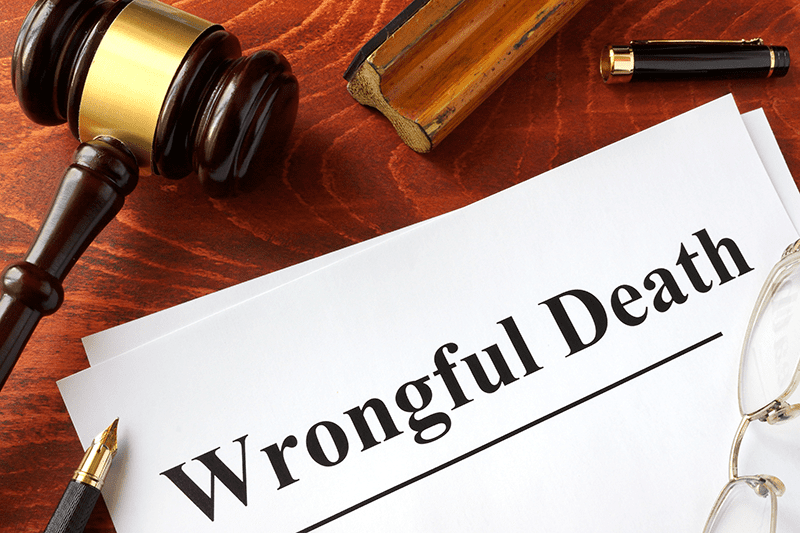Swift Beef Company has recently recalled nearly 100,000 pounds of ground beef due to E. coli contamination. The beef was mostly shipped to distributors to be sold in grocery stores and restaurants. The recall went into effect on November 16, 2018. Labels for the recalled beef can be viewed here.
According to the United States Department of Agriculture Food Safety Inspection Service, government inspectors confirmed that ground beef produced by the company contained E. coli on November 15 and moved quickly to put the recall in place. The inspectors confirmed that Swift Beef Company was the sole source supplier of the beef in question. Thankfully, there have been no confirmed reports of anyone getting sick due to consuming the affected beef.
Symptoms of E. coli Poisoning
The primary symptoms of E. coli poisoning are dehydration, diarrhea, and stomach pains. Most people recover within a few days; however, more serious long-term complications can arise. Especially true for young children, elderly adults, or anyone with a compromised immune system. Anyone concerned that they may have E. coli poisoning should contact a healthcare provider.
Food Recalls
The U.S. Food and Drug Administration (FDA) enforces safety standards for all foods sold in the United States. Despite this, food recalls happen frequently. There were nearly 40 food recalls in the United States in the month of November 2018 alone, and this number is typical. The good news is that food recalls create bad press for companies and are expensive for them to deal with, so they are usually very quick to act in fixing the problem.
Product Liability Claims Involving Defective Food Products
Companies that produce or sell food in the state of Georgia have a duty to ensure that what they are selling is safe for consumers. Not only do these companies have to follow state and federal regulations for food safety, but they can also be liable under Georgia’s product liability laws if they sell or distribute food products that are unsafe.
Georgia’s product liability law is centered on O.C.G.A. § 51-1-11, which holds that any company that sells any product “as new property directly or through a dealer or any other person” is liable for any harm that occurs as a result of product defects. This law applies to producers and sellers of food.
When companies negligently or intentionally sell unsafe food, hundreds, thousands, or even millions of people may be affected. For this reason, product liability claims are often carried out through class action lawsuits or multi-district litigation. However, individual claims are also sometimes possible. A personal injury lawyer familiar with product liability claims can help you understand your legal rights and options.
For More Information, Contact Williams Elleby Howard & Easter, Today
Product liability claims are complicated, and large companies pay heaps of money to avoid liability. For them, defending against product liability claims are simply a cost of business. For victims of defective products, claims for compensation mean much more. If you have been harmed by any type of defective or dangerous product, the experienced product liability attorneys can help you understand your case and work to get you the compensation you deserve.
Williams Elleby Howard & Easter, offers free case evaluations and accepts cases on a contingency fee basis. Located in Kennesaw, Georgia, we serve clients throughout the state in both state and federal court. If you would like more information or would like to discuss your case, contact Williams Elleby Howard & Easter, by calling 833-LEGALGA.









